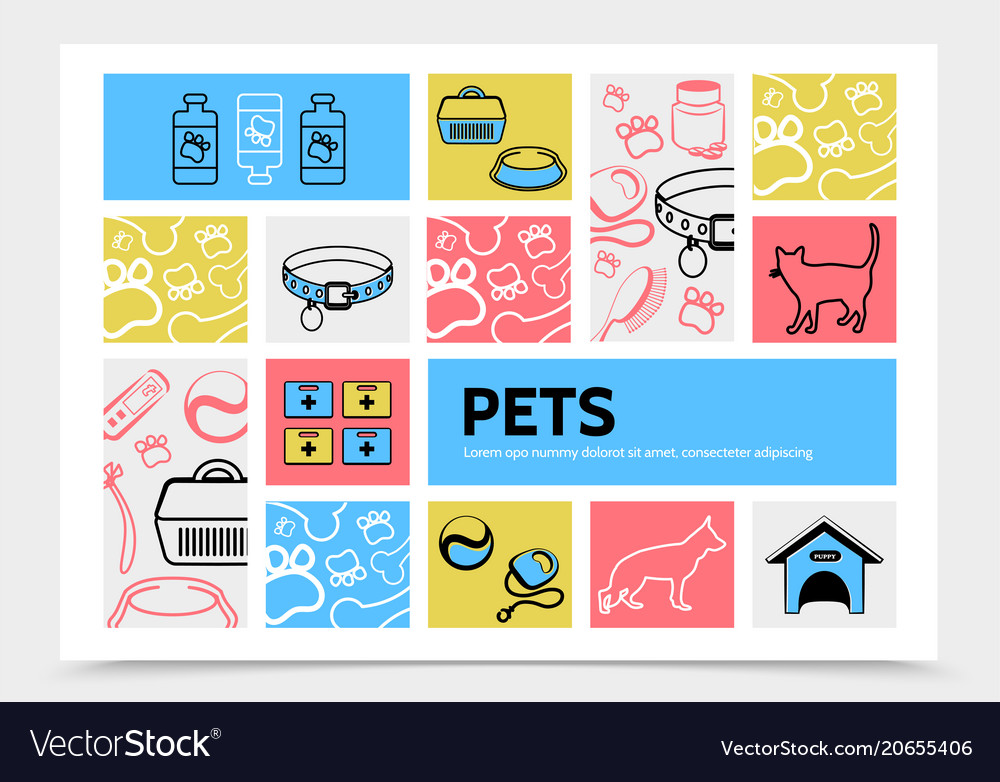Opportunities are that if your pet dog is frequently exposed to various other pet dogs, even if they're correctly vaccinated, they might return with some type of disease. Inoculations, routine veterinary checkups, and great hygiene practices can decrease danger factors for infection and condition.
Emphasized or anxious canines can establish intestinal troubles and other health and wellness problems that are quickly spread out in between pet dogs. Developing age constraints and behavior regulations can help guarantee that only healthy pet dogs enter your center.
Distemper
Canine distemper is a significant and often fatal virus that attacks a pet dog's breathing, digestion, skin and body immune systems. Pups are specifically at risk and can contract the disease through direct contact with an infected animal or through the airborne transmission of virus bits sent out throughout coughing, sneezing or taking a breath.
The incubation duration for canine distemper is in between 3 and 7 days. While pups at daycare might appear to capture parvo from an additional contaminated pet, it's not likely given that the incubation duration is so brief.
While there is no remedy for canine distemper, helpful care can help canines recover. This includes fluids, antibiotics and medications to regulate seizures. The Drake Facility for Veterinary Care notes that symptoms consist of dripping eyes and nose, looseness of the bowels, throwing up, loss of appetite and neurological issues such as twitching and tremors. Puppies require a complete vaccination series and yearly boosters to protect them against this disease, which is why trusted doggie childcare facilities need up-to-date vaccinations.
Kennel Coughing
Kennel Cough (Canine Transmittable Tracheobronchitis) is a very transmittable top breathing condition caused by bacteria and infections. It spreads through airborne beads from a cough or sneeze, direct contact, and sharing of infected things such as toys or water bowls. It is endemic in position where lots of pet dogs are housed close together, such as kennels, dog parks, grooming salons and programs. A number of vaccines are available to shield versus the pathogens that cause kennel coughing, and correct health methods can help protect against infection.
The traditional symptom is a completely dry, hacking coughing similar to that of a goose honk, and the majority of pet dogs recover with little treatment. Nevertheless, severe instances can cause pneumonia, and puppies or pets with pre-existing disease are at higher danger for problems. To speed up recovery, utilize a harness instead of a collar while your pet is recuperating to avoid irritability to the windpipe. A humidifier might also assist to moisten the air and stop dry coughing.
Parvovirus
Parvovirus (CPV) is a significant illness in dogs. It resembles feline panleukopenia (feline distemper), however it's much more harmful and can spread quickly amongst canines as a result of its incredibly resistant nature.
This virus assaults the intestinal cellular lining of a canine, damaging it and causing microorganisms to slough off right into the bloodstream. The damaged immune system and frustrating germs bring about septic shock, which is typically deadly.
Thankfully, vet medical facilities supply effective therapy for parvovirus. These drugs are given straight right into a client's blood stream and targeted in the direction of the particular pressure of parvovirus. This therapy technique is very effective and assists re-train the body immune system to fight off the infection. Canines with extreme symptoms are commonly hospitalized for numerous days for monitoring and intensive like ensure their survival. Young puppies, dog boarding training near me unvaccinated dogs and canines with weak body immune systems are particularly prone to parvovirus. This is especially true for pups born to stray mommies and shelter environments, where they are subjected to many other ill and at risk dogs.
Dog Flu
Canine influenza (CIV) is a transmittable respiratory illness that can be brought on by dogs sharing contaminated surface areas or straight contact with respiratory system secretions. CIV spreads easily in environments where there are high varieties of pets, such as pet parks, daycares, grooming centers and vet facilities.
Infected canines dropped the infection via aerosol respiratory system droplets when coughing or sneezing, and might infect things they enter into contact with like cages, toys, food bowls, leashes and the hands and garments of individuals who handle them. Pet dogs can additionally be "quiet carriers" spreading the virus without revealing any kind of symptoms themselves.
Symptoms of canine influenza consist of nose and eye discharge, coughing, fever, loss of appetite, and weakness. The infection can proceed to pneumonia, which can be deadly in some dogs. PCR viral testing is offered for verification of infection. Preferably, examples (generally deep nasal or pharyngeal swabs) for PCR testing ought to be gathered within 4 days of the start of clinical signs.
